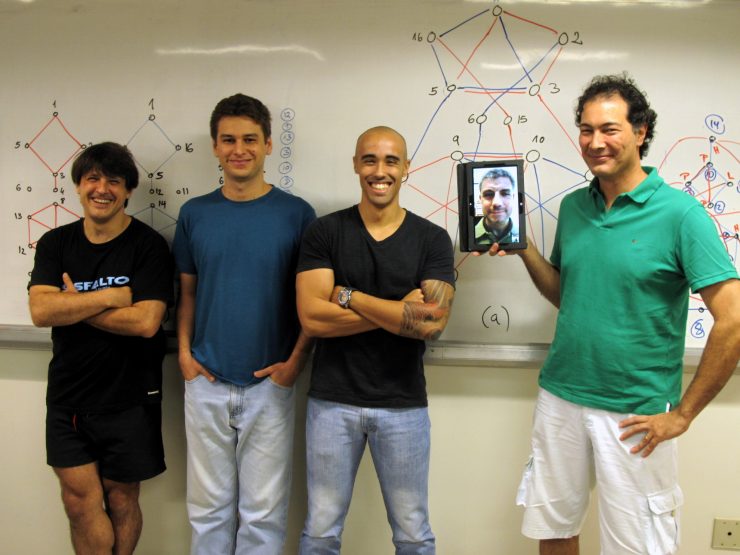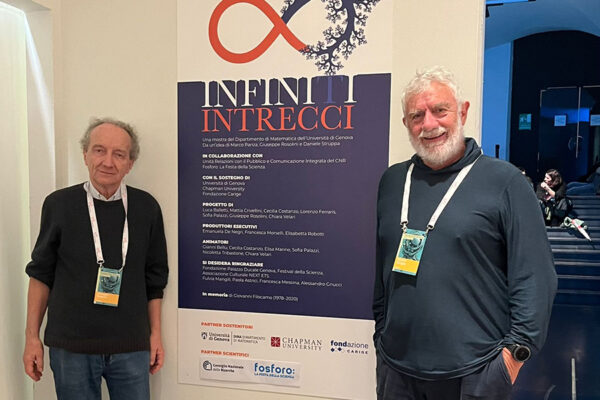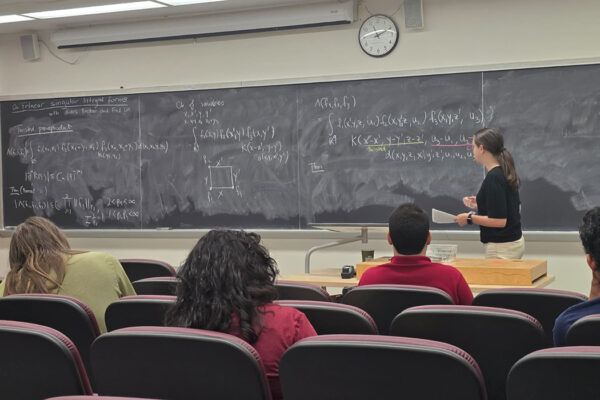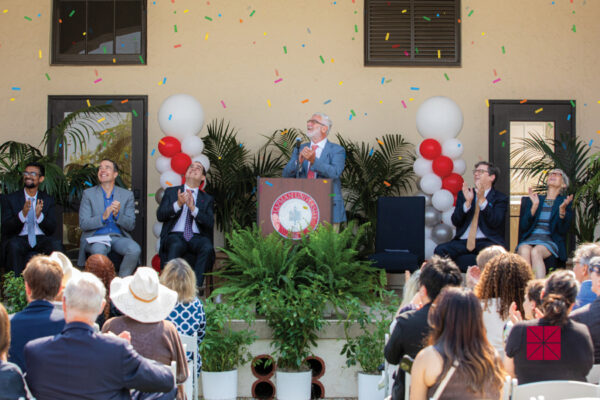Cristhiano Silva, Ph.D., holds a postdoctoral fellowship with Chapman University’s Grand Challenges Initiative, where he helps guide teams of undergraduate students researching solutions to some of today’s most pivotal problems. Now, he has the chance to work toward a solution for a grand challenge in his own field of interest: quantum physics.
Silva says that his research is driven by these key questions: “How do we make decisions? What is at stake when humans decide upon something?” He was recently awarded a two-year grant from the Foundational Questions Institute (FQXi) to continue his research on fundamental questions of physics with faculty mentor Matthew Leifer, Ph.D.
They work with collaborators Bárbara Amaral, Ph.D., and Askery Canabarro,Ph.D., from Brazil, which is where Silva was born and raised. This is an exciting step for Silva and his team as they will explore how an intelligent agent reasons in the quantum world. It’s the first major grant won by a postdoctoral research and teaching fellow in Chapman’s Grand Challenges Initiative.
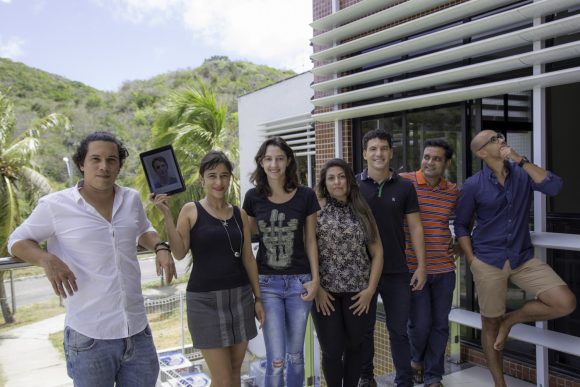
There are two major branches of physics. Classical Theory encompasses everything we know from Newton’s Law to theories about electromagnetism. Quantum Theory explains the behavior and nature of energy and matter in the atomic world. There’s currently a chasm between these two theories, because there are weird phenomena in the quantum world that are neither predicted nor understood under the classical perspective. Silva and his collaborators believe there should be a way to explore and interact with the quantum world, closing this gap and improving our understanding of the quantum world.
“How do we make decisions? What is at stake when humans decide upon something?”
The first portion of Silva’s project will be investigating how a classical agent reasons about the quantum world using classical data generated from a quantum system. In this case, an agent is anything that has intelligence, memory and the ability to optimize their decisions (i.e. a person or a computer). The second portion of the project will allow Silva to investigate how a classical agent reasons about the quantum world with quantum data. Finally, the team will focus on how a quantum agent reasons with quantum data.
Foundational research questions like the one Silva is tackling will help us understand the nature of our reality. (Other than that,) The success of the project could potentially help to create fully quantum mathematical algorithms, software and programs for quantum computation.
This fundamental research does not require a large lab full of the latest technology, but instead utilizes machine learning to generate data and mathematical models to draw conclusions about the quantum world. All Silva needs is his team, a computer and many (many) cups of coffee!

